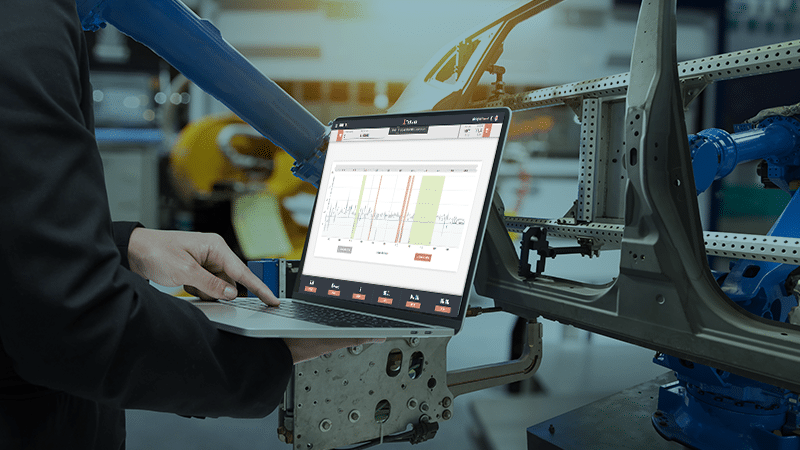
Cloud vs On Premises: is owning the data really safer?
27 April 2022
TechMass turns 5!
22 August 2022Which are the reasons why it is essential for every company, large or small, to implement an MES software for monitoring and improving production performance?
In the manufacturing sector, efficiency is becoming more important than effectiveness. It no longer matters how much and how fast it is produced but how. A paradigm shift that requires the adoption of solutions, such as MES software, in order to produce efficiently, reducing waste and optimizing production.
MES software: 14 reasons to implement it
Here are some reasons why it is necessary to implement the MES software.
- Complete visibility of production. Thanks to a MES system it is possible to identify both process and machinery losses and quickly understand where it is necessary to intervene to improve productivity.
- KPI monitoring. The data collected allows the company to quickly see if there is an alignment between the results achieved and the objectives and also to identify the areas of intervention in which to act to achieve them.
- Enable the lean methodology. Many manufacturing companies are embarking on a path of improvement by reviewing processes from a lean perspective. Without data collected in real time, which can be viewed perhaps in Andon on the line, lean manufacturing will hardly allow a complete optimization of all processes.
- It involves operators and increases the dialogue between departments. Installing MES software on the line means involving everyone, including operators, in the continuous improvement process, making them feel part of the achievement of production objectives and increasing dialogue with other departments.
- Towards the factory of the future. The MES software helps to create a true 4.0 industry in which all machinery, even if from different suppliers and with different software, are interconnected and able to extract homogeneous data in real time.
- Production plants connected. An interconnection that not only takes place within a single plant but that allows you to connect all the company’s plants, allowing you to monitor and compare the collected data in real time.
- Enable predictive maintenance. The data analysis allows you to plan any maintenance interventions in advance. For example, dashboards might show that a line is performing less than before, indicating that a problem may soon arise.
- Improve the quality of both production and the final product, thanks to continuous checks and real-time feedback.
- Eliminates waste and inefficiencies which are fundamental to increase the final marginality and decrease the production cost.
- It monitors the energy consumption of machinery, also allowing to identify areas of intervention. Another piece that allows the company to minimize unnecessary costs related to inefficiencies and production waste.
- Optimize the use of raw materials. In a context in which the issue of supply chain and resource procurement is increasingly a sensitive issue, MES software makes it possible to optimize the use of precious resources.
- Greater traceability means greater safety. Continuous monitoring makes it possible to promptly trace back to the machine and production batch of non-compliant products.
- Enable a paperless future. The digitization of processes and data collection allows for the transition to automatic, paperless data collection.
- It increases the agility and proactivity of the company in reacting to challenges. The transition from paper to digital also translates into greater speed in viewing problems and being able to make decisions.
Data as a starting point for improvement
The MES software therefore allows to arrive at a production that is as optimized as possible by collecting and processing qualitative and quantitative data in real time, essential for making timely and winning strategic decisions.
The TechMass solution, 100% in Cloud, Plug & Play and SaaS, allows you to overcome the typical criticalities of MES systems, while at the same time providing companies with a tool that can help them obtain the competitive advantage they need.
Apri in Google Traduttore
TechMass diventa TeamSystem!
Abbiamo percorso tanta strada insieme, e per migliorare ogni giorno i nostri servizi abbiamo deciso di continuare a crescere insieme a TeamSystem! Non cambierà nulla per te e i nostri servizi andranno in continuità. Il nostro sito nelle settimane successive sarà spento, ma potrai trovarci nel sito di TeamSystem!




